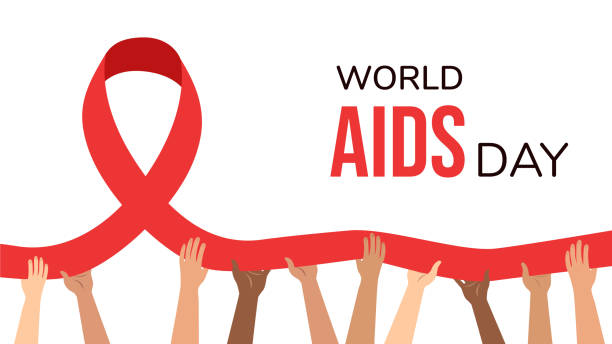e all are aware of the health benefits derived from vitamin D. Vitamin D is essential for bone health. Now, experts say that the existing recommended consumption of the vital nutrient might be too low to achieve preferred levels of vitamin D, especially among people suffering from cardiac issues. A clinical trial has revealed that there is a link between low levels of vitamin D and cardiovascular ailments. Experts say that the optimum vitamin D levels might reduce the risk of cardiovascular incidents and enhance heart health. The recommended intake of vitamin D is around 15 micrograms (mcg), for adults below the age of 70 years and nearly 20 mcg, for people above 70 years. However, the trial has found that it might not be enough to achieve suitable levels of vitamin D in the bloodstream for certain people.
The clinical trial known as TARGET-D enrolled 632 men and women with acute coronary syndrome. The acute coronary syndrome refers to reduced blood supply to the heart. People who have suffered heart attacks would suffer from acute coronary syndrome. Experts found that over 51 percent of the participants required more than 100 mcg to 200 mcg of vitamin D supplementation to achieve the preferred blood levels of 40 nanograms per milliliter (ng/mL). The findings of the trial show that people suffering from acute coronary syndrome need greater doses of vitamin D as compared to those without this health condition.
Researchers who were involved in the trial said that levels of vitamin D higher than 40 ng/mL in the bloodstream among people with acute coronary syndrome might enhance cardiovascular health, however, further research is required to show how greater levels of vitamin D can impact cardiovascular disease outcomes. Experts say that foods such as herring and sardines, cod liver oil, canned tuna, egg yolks, mushrooms, orange juice, cow milk, soy milk, oatmeal, cereal, and fatty fish such as wild salmon can provide the best vitamin D supplementation.











